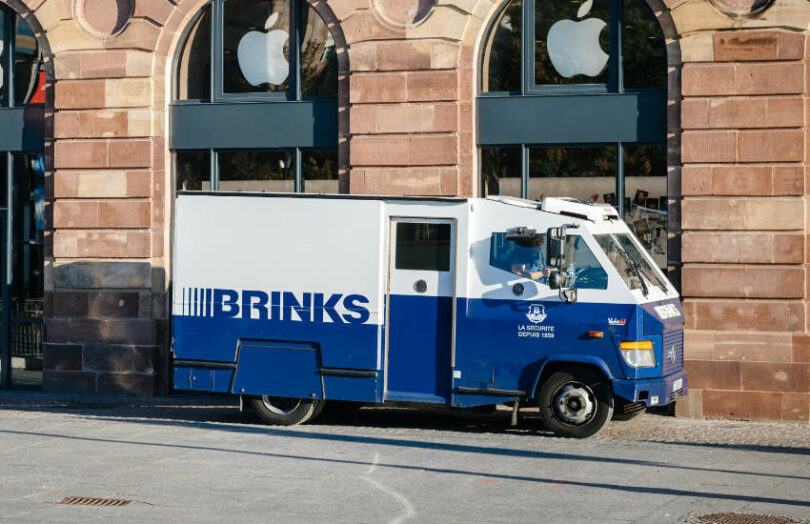Security company Brink’s recently participated in a $7 million funding round for Courtyard, a startup that creates NFTs for physical collectibles. It is now close to a year since Brink’s partnered with Courtyard to ensure the security of the physical asset storage.
Courtyard’s blockchain infrastructure allows physical collectibles to be traded as NFTs for greater liquidity. While Brink’s handles the safety of the real world asset in the vault, Courtyard provides digital proof of ownership and authenticity, along with an NFT with a custom 3D rendering of the asset. “By securing the physical items represented by NFTs on the blockchain, we create a bridge between offline and digital marketplaces, giving collectors reassurance that their high-value items are secure,” said Oliver Buckle-Wright, Brink’s Senior Commercial Director.
Brink’s partnership with Courtyard is closely associated with its strategy to provide physical security for digital assets. In May 2022, the company partnered with METACO, a digital asset custody startup for a similar purpose.
Institutional digital asset holdings have significant financial value, so there usually isn’t a single private key that can be used to recover the assets. Instead, private keys are effectively fragmented, so multiple pieces need to participate in restoring the key to access the digital asset holdings. Brink’s role is to assist in disaster recovery by transporting these private key fragments on smart cards and storing them in multiple secure vaults. Considering that Brink’s is best known as a company that collects and transports cash from banks, this is a natural extension of its security services.
Circling back to Courtyard, it’s not the first startup to mint NFTs for physical collectibles. Dibbs, which is backed by Amazon, aims to provide a service that resembles Courtyard’s.
The prices of some physical trading cards are too high to be affordable to an average collector. Dibbs is attempting to solve this through a platform that holds the physical cards in storage and sells fractions of NFTs that can be traded in its marketplace. However, the legality and implications of such fractional ownership of physical assets can be tricky. The existence of a collective investment in a product could lead to it being perceived as a security.
The NFTs provided by Dibbs and Courtyard – with their emphasis on the physical collectible – are also different compared to “phygital” services. Consider Nike’s phygital sneaker collection that was announced last year. Here, the aim of the company is to create a customizable experience and pull some of its users online. The sneakers are sold physically, and as digital collectibles. The goal of phygital retail is to provide a dynamic and personalized shopping experience.






